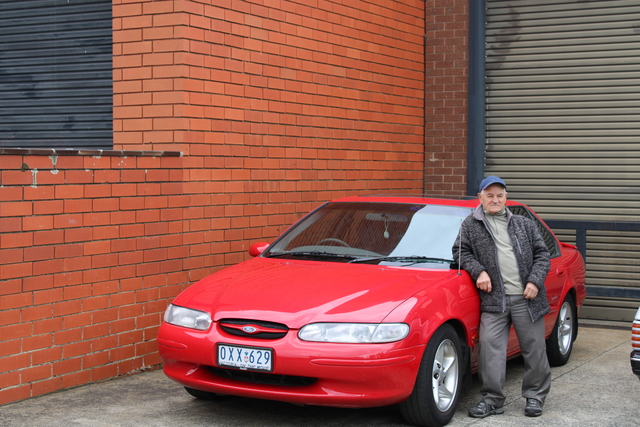The disbanding of Medicare Local offices and a realignment of health care boundaries are creating confusion in Melbourne’s north.
All resources of the Northern Melbourne Medicare Local (NMML) will be split up under a new health network model, which will double the client catchment area each network will cover.
The federal government is creating six new Primary Health Networks (PHN) from the merging or splitting up of Victoria’s 17 Medicare Locals to form significantly larger and more diverse catchments, with the changes due by July 1 next year.
NMML, which has been servicing Whittle- sea, Hume, Darebin, Banyule and Nillumbik councils, will be split between the North West PHN and an Eastern PHN.
NMML’s director of strategy, Rod Wilson, said the new PHN boundaries split the logical connection between municipalities and patient flow.
“They don’t work well for the way people use health services,” he said.
“One of the biggest problems is they don’t align with state health boundaries. These new boundaries will make it far more difficult for the alignment of state and community services.”
Mr Wilson said that in the context of the new boundaries, one of the most glaring issues was the treatment of Northern Hospital.
Northern Health is currently in the NMML catchment but, come July 1, it will be divided across two PHN boundaries, which has the potential to add layers and greater complexities to patient journeys.
The NMML now services about 700,000 people. The new North West PHN will cover a population of 1,441,695 and the Eastern PHN will cover 1,383,154.
Mr Wilson said drawing the boundaries this way fractured pathways.
“The boundary goes right through Northern Health’s catchment. It creates a lot of unnecessary bureaucracy that could be better directed.”
He said that last financial year, despite structural changes, the NMML had worked hard to enable 40,000 urgent home doctor visits; it had also helped 2400 residents suffering short-term mental distress to access free counselling, and funded 58 GP clinics to open at night and weekends.







